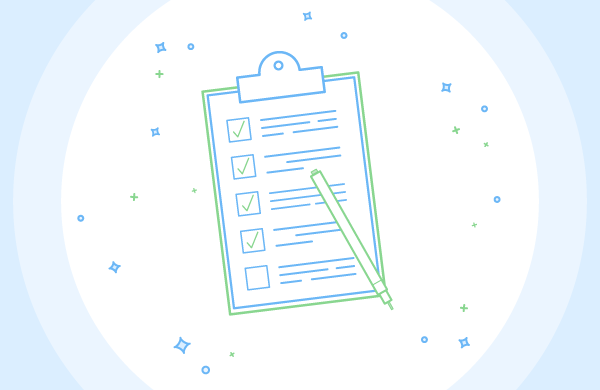No one likes a cheater. Whether its our social interactions, relationships at home, work or school, people who are not authentic, who don’t develop integrity and trust, run the risks of facing more problems with their life experiences. In this information age, academic dishonesty in the classroom has become quite prevalent. There is so much content available to students that they need to be taught at an early age how to maintain originality and not to choose to cheat.
Cheating as a Behavior
One of the first things a well-raised child learns is to not help themselves to other’s materials. It begins with toys, food, and other belongings and is usually reinforced through social manners: “Ask if you may borrow it.” Consequences that come from stealing are also learned early, whether it is returning an item and apologizing or facing a stronger penalty. When people don’t abide by these social norms, they are viewed negatively and unless a consequence is attached, are likely to continue the behavior.
- Establish an environment in your classroom over shared materials, and personal materials or space.
- Provide clear guidelines for breaking of the rules.
- Use consistent dialogue: “Use your own words”, “Thank her for the great idea!”
Understanding Cheating
There are many reasons why students cheat. Cheating is a shortcut … but with a negative connotation. Young learners see examples of shortcuts everyday that are acceptable, even encouraged. Helping them to see when taking from others, as part of a shortcut is wrong and where the line needs to be drawn. Copying someone else’s work is a good example. Artists and musicians often learn techniques by imitating others, but credit is given.
- Develop role play around cheating scenarios to help your student understand what is not acceptable.
- Use a tool such as unicheck.com is a concrete exercise in demonstrating how plagiarism can be detected.
- Teach proper citing methods for written work.
Has Cheating Changed?
People hold conflicting views of what constitutes cheating. Helping a child with a project that was intended as individual work is often deemed acceptable. But copying from an encyclopedia or looking at someone else’s test answers isn’t. Today, the instant information on the Internet seems like a smorgasbord and students feel they can help themselves. Cheating is easier today. Students can easily purchase essays online, and sell their own to earn fast cash.
- In your own classroom establish lists of what is acceptable and make your consequences clear. Be consistent if making exceptions.
- Teach how to garner information from reading and research and to develop original ideas and written work.
- Give more credit for process over final product.
Look for support
Cheating has become so prevalent in our education systems, that no only are parents clearly aware of it but studies have shown that 2 out of 3 parents of students caught cheating are actually supportive of their child’s actions. They tend to assume its part of learning: “all kids do it”, “it’s no big deal”, “there’s too much pressure to succeed,” and sadly, the student learns little from the experience. Some teachers don’t want to deal with cheaters as it may reflect badly on them as educators.
- Work with other teacher’s efforts to thwart cheaters.
- Provide clear guidelines to parents such as zeros for copied work.
- Talk to students more about pressures and dealing with mistakes.
Keep reasonable expectations
Cheating is all around us. Children hear their parents talk about tax breaks, or getting a deal. Teens look for shortcuts around chores or assignments. Expecting originality in all endeavors is a high ideal to maintain. When you spot a cheater:
- Expose the deed privately to the student. Have them fix it or show them how to fix it. Don’t dwell on a misdeed; try to move past it.
- Deal with the infraction as a learning experience, not just a punitive exercise. Keep records.
- Bring in parents or other authorities only when necessary and be sure to have clear evidence of the infraction. Be aware of how your school’s policies and what the outcome of reporting the deed will lead to.
The best teacher practices around cheating are to establish at the beginning of the school year an environment where personal integrity is valued. Expectations and logical consequences are mentioned often enough that they are clear to all, parents too. Class policies that involve decision making together can be helpful too. Take care when defining cheating. To a young teen, giving a classmate answers to a homework assignment can be seen as being a good friend. Taking on most of the load in-group work can be seen as leadership. In some youngsters, cheating can be an underlying problem to bigger issues in their life.
To ensure your students submit original content, use Unicheck plagiarism software.





